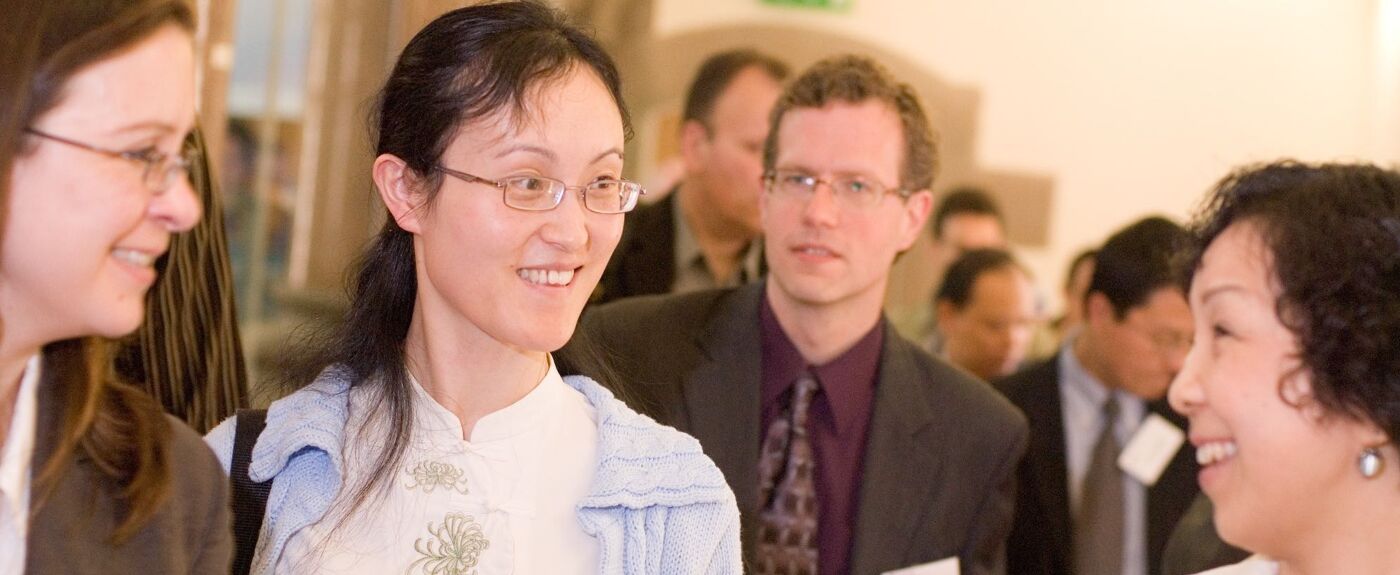苏格兰中国研究中心
The Scottish Centre for China Research brings together scholars doing research on China across a range of arts and social science disciplines in Scottish universities. Its members include researchers at the Universities of St. Andrews, Edinburgh and Dundee as well as Glasgow.*
We are based in the University of Glasgow’s School of Social & Political Sciences, in the College of Social Sciences.
*If you are a scholar or student at a Scottish University doing research on China you are welcome to join our Centre. Please contact us.
Our aims
Promoting Understanding of the Chinese Economy, Governance & Politics, Society and Culture
- to foster high-quality social science research on China and promote multidisciplinary research collaboration among centre members
- to build strategic research capacity in the social sciences of China for Scotland and the UK
- to promote understanding of China by disseminating research and making expertise on contemporary Chinese economy, politics & governance, and society accessible to the wider community
- to develop and support research links with Chinese scholars, universities and research institutes
Events 活动
-
26 NovSeminar by Dr Geng Wang, University of Glasgow, 26 November 2025
-
19 Nov
Seminar 19 November 2025
Seminar by Dr Ewan Smith, University College London, 19 November 2025 -
12 Nov
Seminar 12 November 2025
Seminar by Dr Benjamin Faude (University of Glasgow) and Matthew D. Stephen (Helmut Schmidt University Hamburg), 12 November 2025 -
05 Nov
Seminar 5 November 2025
Seminar by Dr Olivia Cheung, King's College London, 5 November 2025.

Postgraduate study on China
The Scottish Centre for China Research is Scotland's leading centre for postgraduate research on China. We have over 50 students undertaking doctoral research. Doctoral programmes are located administratively within eight schools across the Arts and Social Sciences.
We encourage cross-disciplinary fertilization and interdisciplinary research by organising seminars, lectures and other events with a China focus. Academic staff meet regularly to discuss China-related research themes and collaborate on particular projects.




